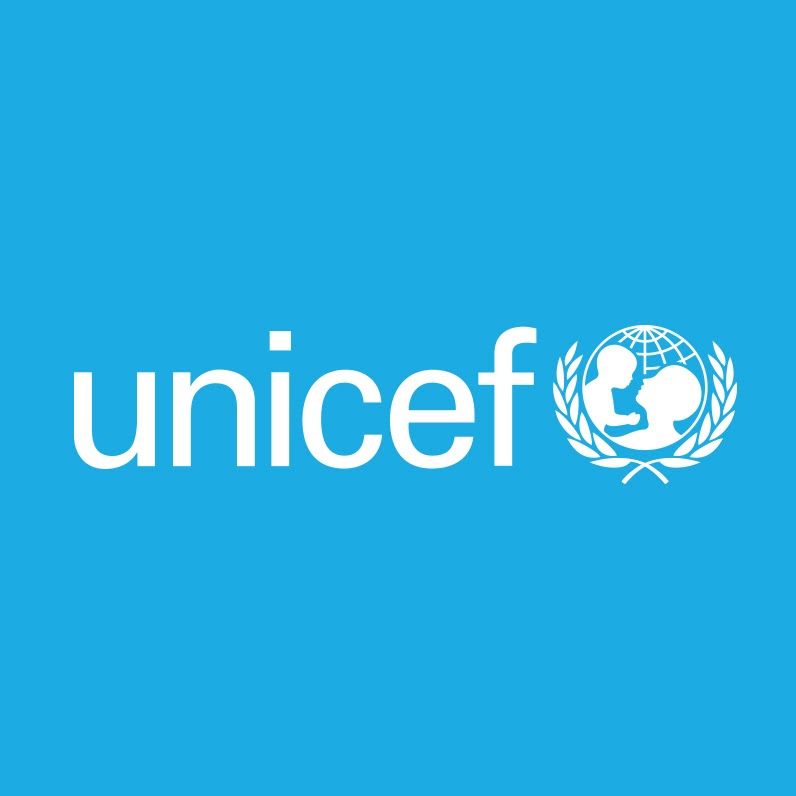
Disclosing this on Wednesday virtually during a two-day media dialogue on investing in women to promote community health systems—a case study of the Mama2Mama initiative—Chief UNICEF Field Office Bauchi, Dr Tushar Rane, disclosed that one in seven girls in developing countries is married before reaching the age of 15.
PUNCH Online reports that the dialogue is in commemoration of International Women’s Day 2024 with the theme ‘Invest in women; she is the solution’.
Rane said, “Adolescent girls’ rights worldwide are under threat, with progress on key issues either stagnating or regressing on a global scale. In the face of challenges such as the ongoing global economic crisis, political turmoil, and humanitarian emergencies, adolescent girls are often overlooked, exploited, or placed in precarious situations.
“Shockingly, one in seven girls in developing countries is married before reaching the age of 15. Moreover, adolescent girls continue to face elevated risks of sexual violence.
“If present trajectories persist, the number of girls and women living in extreme poverty in sub-Saharan Africa is projected to increase by 2030. Nearly half of the adolescent girls in UNICEF programme countries suffer from anemia and lack access to essential health and nutrition services in the event of pregnancy,” Rane stated.
While urging for improved investment in the health, rights, and well-being of adolescent girls, Rane said such would generate a transformative ripple effect that uplifts entire nations.
“By providing adolescent girls with the necessary support, access, and opportunities to realise their potential, we enable them to become formidable agents of change.
Empowered girls can play a crucial role in tackling some of the most pressing global challenges, such as climate change, poverty, and conflict. Their contributions pave the way for inclusive and sustainable development, shaping a brighter future for generations to come.
“Let us together push for a world, characterised by equity and inclusivity, where girls and boys are empowered to access and benefit from the same rights, resources, opportunities, and protections, fostering a society where every person can thrive,” he added.
Speaking earlier, UNICEF’s Communications Officer, Opeyemi Olagunju, explained that the media dialogue was expected to highlight the impactful strides made by the Mama2Mama initiative.
“This initiative has improved health outcomes in the field office region, in Gombe, Bauchi, and Taraba states. Through this dialogue, we aim to advocate for continued investment in women to advance positive social change,” Olagunju said.













